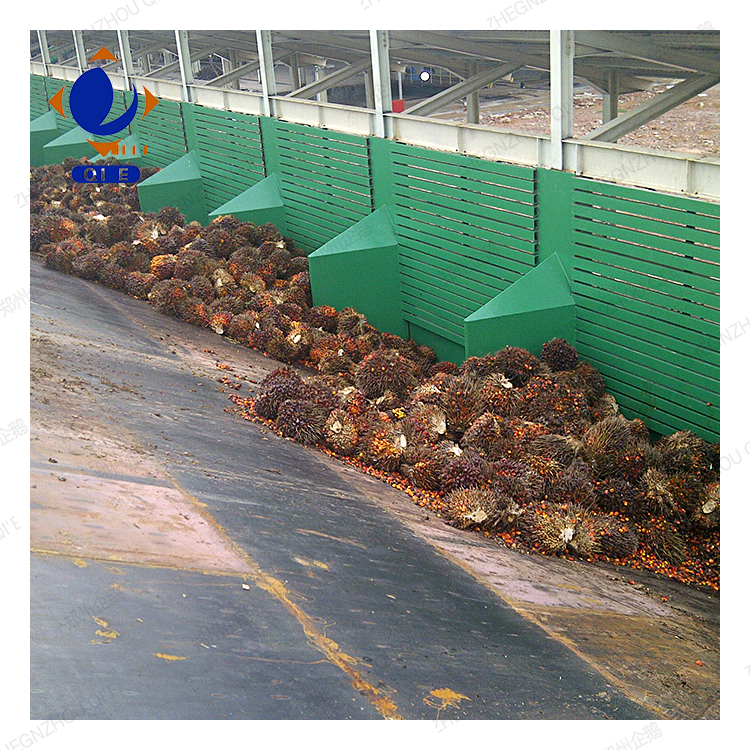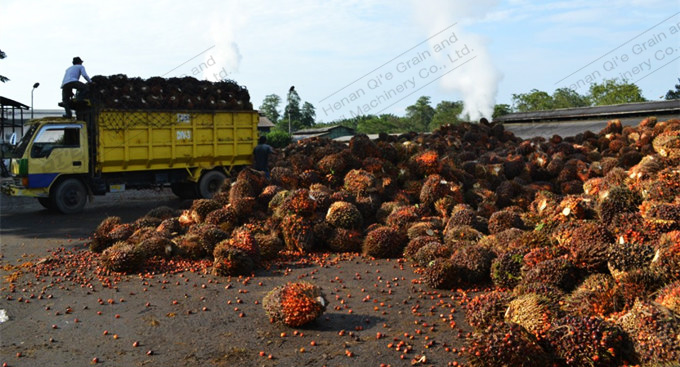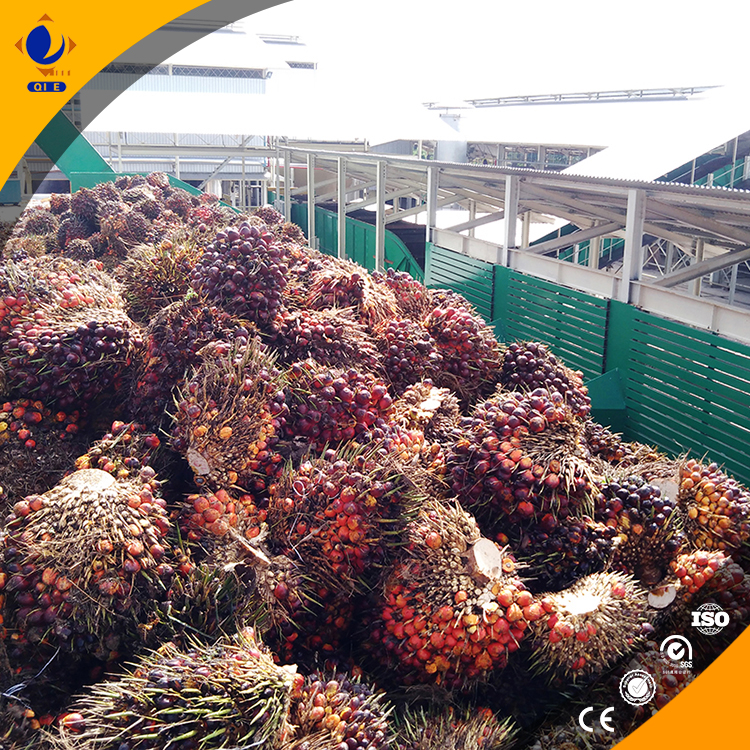
For small and medium-sized palm oil producers aiming to scale internationally, refining efficiency isn’t just about output—it’s about consistency, quality, and compliance with global standards. The right production setup can reduce waste by up to 15% and increase yield stability by over 20%, according to a 2023 study from the International Oilseed Processing Association (IOPA).
Modern palm oil refining involves four critical stages:
| Production Scale | Recommended Line Capacity | Estimated ROI Period |
|---|---|---|
| Small (<5 MT/day) | 3–4 MT/day | 12–18 months |
| Medium (5–15 MT/day) | 10–12 MT/day | 9–15 months |
Real-world case in point: A Malaysian exporter using an integrated system reported a 17% drop in energy consumption per ton of refined oil after optimizing their deodorizer vacuum control—a change that directly impacted profitability in EU markets where carbon footprint matters.

Contrary to popular belief, smaller-scale lines offer better flexibility for testing new markets and adjusting to fluctuating raw material supply. They also allow faster adoption of innovations like automated FFA monitoring or IoT-enabled maintenance alerts—which are increasingly expected by buyers in Europe and North America.
One common question we see from clients: “How do I balance cost and performance?” The answer lies in modular design—start with core units (press + filter), then expand as demand grows. This approach has helped over 60% of our clients avoid over-investment while maintaining scalability.

As regulations tighten globally—from EU’s REACH to USDA’s import standards—having a clean, traceable process is no longer optional. It’s your competitive edge.
Explore how Penguin Group's compact palm oil refining line supports efficient, scalable operations tailored for exporters looking to meet international standards—without compromising on quality or budget.
See How It Works — Get Your Free Technical Brochure











